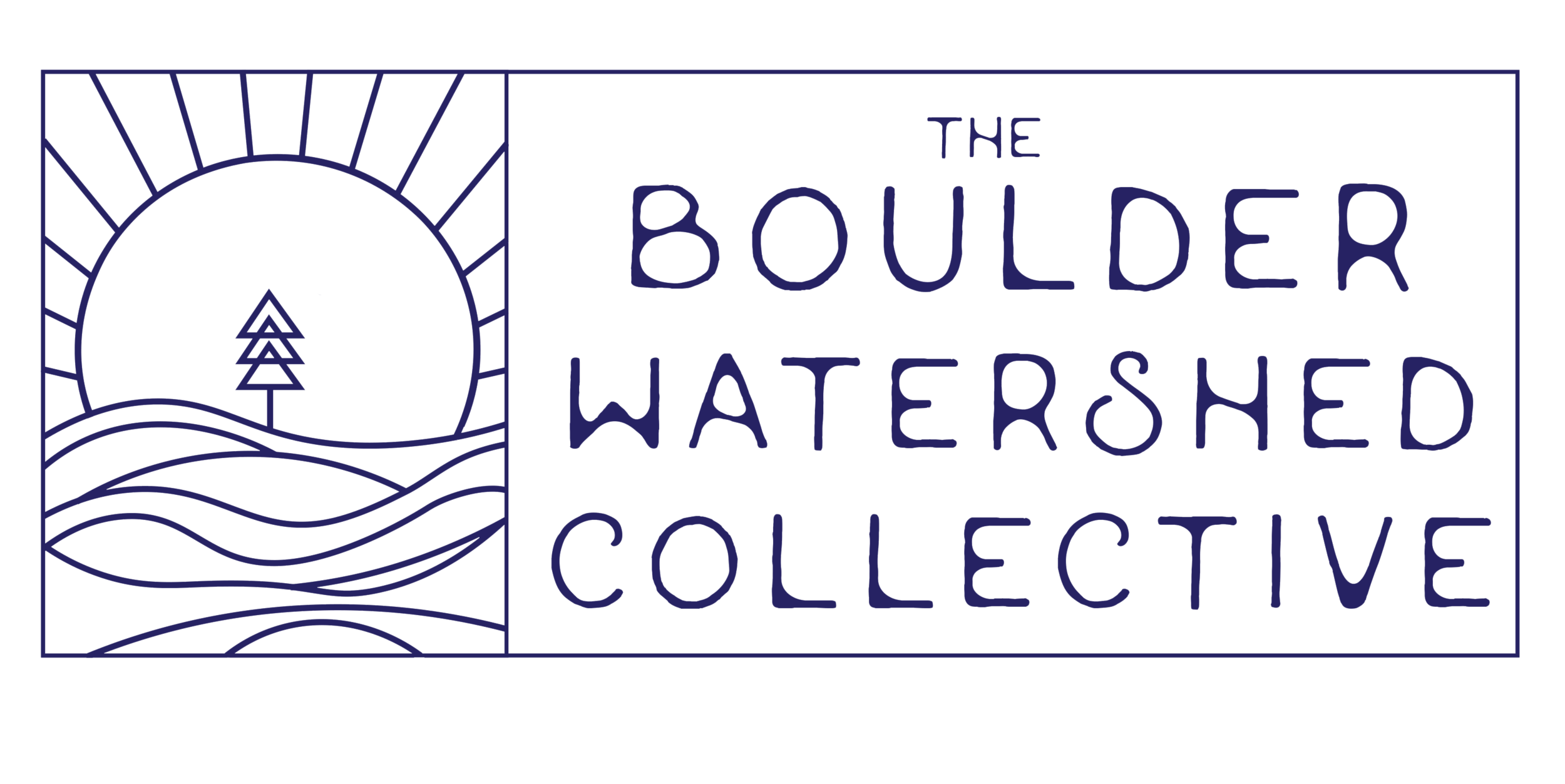The Land Back Movement is a dynamic and complex effort to understand and rectify 'traditional' land use/ownership. These efforts facilitate and respect Indigenous responsibilities and ties to land. This current effort acknowledges settler impact and national violence including land theft, and seeks to bring in, invite, and utilize allies and others. We seek to further our engagements in Indigenous resurgence and Indigenous-"settler" relationships that foster contemporary solutions for historic, on-going, and future needs. Join us to take a contemporary look at the journey through the centuries and a glimpse at what we can do today - individually and collectively.
Moderator:
Ava Hamilton’s ancestral roots run deep in the Boulder Valley. She is a relative of the Southern Arapaho Peace Chiefs, Little Raven and Niwot, who lived with the land as a relative and worked without end for peace with the people who would attempt to destroy their culture and lives.
Panelists include:
Dr. Doreen E. Martinez is Mescalero, Apache (paternally) and Pennsylvania Dutch (maternally.) She is a transnational Indigenous epistemologist with a Sociology PhD. Her scholarly expertise is in Indigenous knowledge systems, research methodologies, visual culture, and, sociopolitical land and environment issues. Her work focuses on how diverse knowledges, life’s theoretical grounding, are engaged and practiced every day.
Richard B. Williams (Oglala Lakota/Northern Cheyenne) is a passionate and committed advocate for the education of American Indians, excelling as a fundraiser, scholar and fierce champion of Native peoples in the United States.
Fred Mosqueda is the Arapaho Language and Culture Program Coordinator for the Cheyenne and Arapaho Tribes of Oklahoma. Fred also represents the Southern Arapaho as their Sand Creek Massacre/ NAGPRA Representative. As an Arapaho speaker, he works to support his tribe in preserving their culture, language, and traditional practices and ceremonies.
Lyla June Johnston is an Indigenous public speaker, artist, scholar and community organizer of Diné (Navajo), Tsétsêhéstâhese (Cheyenne) and European lineages from Taos, New Mexico.
Presented by Right Relationship Boulder and in partnership with the City of Boulder Human Relations Commission, Boulder Arts Commission, CU Center for Native American and Indigenous Studies, the Mediator Foundation and Boulder Watershed Collective.
